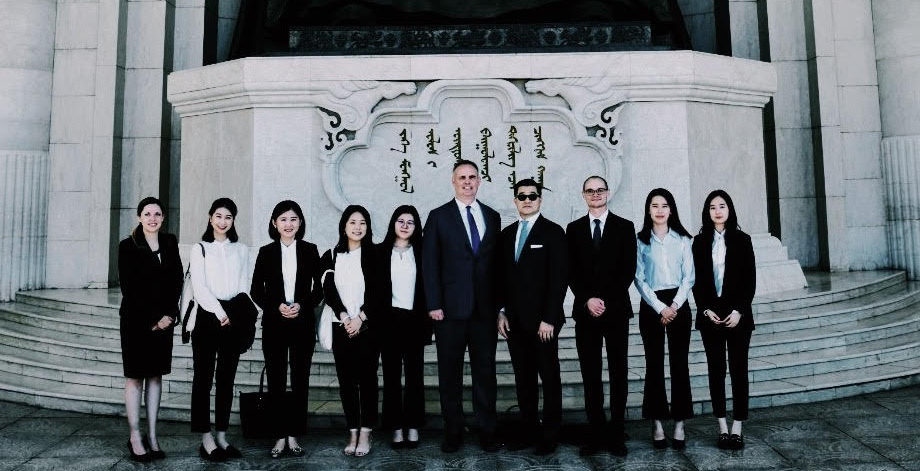Post by: Josiah Robinson
 This has been a summer of learning. One thing I learned is that the adoption process can be complicated and trying. Simplifying and streamlining the process is a critical part to serving all parties to an adoption. Notably, this challenge isn’t unique to any one country. However, for U.S. citizens living abroad that want to adopt, one of the major hurdles faced is ensuring the effective transfer of U.S. citizenship to a foreign-born, foreign-adopted child.
This has been a summer of learning. One thing I learned is that the adoption process can be complicated and trying. Simplifying and streamlining the process is a critical part to serving all parties to an adoption. Notably, this challenge isn’t unique to any one country. However, for U.S. citizens living abroad that want to adopt, one of the major hurdles faced is ensuring the effective transfer of U.S. citizenship to a foreign-born, foreign-adopted child.While there are various paths to adoption and the transfer of citizenship, certain countries maintain unique processes separate from any international treaty on adoption. As part of my internship with Handong International Law School, I’ve had the opportunity to work on a comprehensive manual that serves as a guide to adoption in South Korea and the subsequent transfer of U.S. citizenship. Part of the work required digging into the complex U.S. immigration law. In addition to researching the implications of international treaties, I delved into the U.S. Immigration and Nationality Act, the Code of Federal Regulations, the U.S. Department of State Foreign Affairs Manual, and policies of the U.S. Department of Homeland Security.
Because immigration law was an area of interest of mine in coming to law school, the project was a very positive experience that provided a broader understanding of the world that is U.S. immigration. Reflecting on the internship as a whole, I’ve realized how fortunate I was to have been exposed to such a broad array of legal issues on a domestic and international scale, in addition to the exposure in adoption and immigration law.
First, I gained a firsthand look into the legal and economic development in Mongolia through research, meeting with officials, and experiencing various Mongolian institutions including the Constitutional Court, Supreme Court, Parliament, Stock Exchange, Chamber of Commerce, Banking Association, and International Arbitration Center. In South Korea, I got to learn from numerous accomplished law professors. I researched the economic and geopolitical implications of China’s record-breaking foreign direct investment and infrastructural development across the globe. I gained experience in U.S. statutory and case law research, I learned about official oppression on a global scale, I taught interns about the best interests of a child standard, and I wrote a paper about the rights of persons with disabilities in North Korea. Also, due to the academic nature of much of the writing, I used my Bluebook a whole lot more than I was expecting! Overall, while working to promote the rule of law and global justice through various projects, the internship provided numerous unique and practical experiences that I will certainly take with me throughout my legal career.

